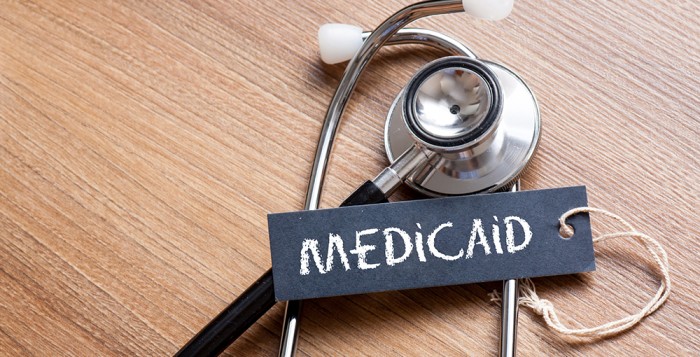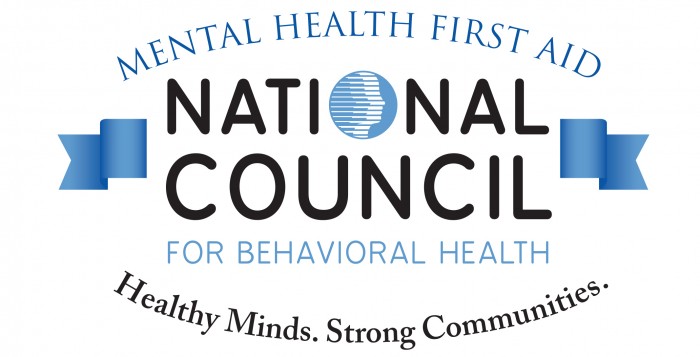By Carley Mossbrook
Staff Writer
Capitolwire
HARRISBURG (July 11) – A passionate debate of a Human Services code bill on Tuesday saw a bipartisan effort to oppose Republican-crafted provisions that would potentially impose work requirements on certain medical assistance recipients and charge some families with disabled children Medicaid premiums.
“I rise in opposition to House Bill 59, which will throw a wrench into the operations of public healthcare in this state and fundamentally threaten care for hundreds of thousands of people across the Commonwealth,” said Rep. Dan Frankel, D-Allegheny.
Others called the bill “offensive,” “harmful” and “cruel.”
But despite concerns from both sides of the aisle, the House of Representatives narrowly approved the bill with a vote of 102-91. No Democrats supported the legislation.
It will now move to the Senate for concurrence.
House Majority Leader Dave Reed, R-Indiana, said the provisions put into the bill on Monday evening were “98-percent agreed” to by the Senate.
However, it’s unclear if the bill, if approved by the Senate in the coming days (or weeks,) would be signed into law by Democratic Gov. Tom Wolf, who has concerns about the Medicaid changes included in the code bill.
The chamber also debated public school and administrative code bills, but delayed a vote on them until the Senate acts on other code bills, including a Fiscal Code bill, said Reed.
It’s unclear if a Tax Code bill will be in the mix.
The House recessed Tuesday evening and plan to return in a week, said Steve Miskin, spokesman for Reed.
HB59 House floor comments
Opponents of the bill mostly focused on the provisions that would potentially establish a premium on disabled children and their families who receive Medical Assistance and have an annual income that exceeds 1000 percent of the federal poverty level.
“I don’t think many of us truly realize just how damaging this legislation can be to families who find themselves in huge financial jeopardy to no fault of their own,” said Rep. Schlossberg, D-Lehigh, who said the changes would raise premiums for 61,000 families in the state.
“The vast majority of families who would be affected by this bill face real and significant financial pain. In many cases, their budgets are already stretched well beyond the breaking point,” he continued.
Based on the federal poverty level, only families with an annual income of more than $246,000 would be required to pay the premium, which the bill’s sponsor, Rep. Dan Moul, said would total $50 monthly.
Moul said Pennsylvania is the only state in the country that doesn’t factor in a family’s income when determining eligibility for Medicaid.
He and others said the expected premium cost is reasonable for those families and will preserve human services funding for those making less.
Rep. Kristen Phillips-Hill, R-York added: “This measure will help ensure that we protect this benefit for the most-needy and the most-vulnerable residents of Pennsylvania.”
Opponents also took issue with a provision that could potentially establish employment requirements for certain Medicaid recipients.
“We have to be very, very careful with this population. They’re our most vulnerable,” said Rep. Gene DiGirolamo, R-Bucks, of recipients who are mostly disabled children, severely disabled adults, chronically ill persons and those in nursing homes.
“I don’t see what people in that population are able to work. We’re going to put another level of bureaucracy and paperwork on top of what they’re already going through,” he added.
Numerous disability rights and community provider groups oppose the proposed requirements, he said.
Supporters say the provision would only impact able-bodied Medicaid recipients.
“No change is going to occur to the people who are excluded currently. The intent of this welfare reform is to break the generational recurrence of dependence,” said Rep. Eric Nelson, R-Westmoreland. “It’s to be able to create an opportunity where a person either has to work 20 hours a week or they have to take a class or they have to volunteer.”
“It is incumbent upon this body to help those who can’t help themselves and also we share a responsibility to help those who can help themselves realize they can do so,” Nelson added. “Requiring an individual to have to volunteer their time is not a big ask. Encouraging someone to work 20 hours a week is also not a big ask.”
The Human Service code bill doesn’t inherently establish the Medicaid premium or work requirement provisions, it would simply instruct the state’s Department of Human Services to seek waivers from the federal government to do so.
Ultimately, GOP lawmakers said the changes made in the code bill are needed as human services costs continue to rise and state revenues remain stagnant.
“I keep hearing about the devastating impact to our most vulnerable, but the Human Services budget is growing at a rate of 6 (percent) to 7 percent a year while our revenues are only growing at an average rate of 3 percent,” said Rep. Dawn Keefer, R-Cumberland. “What about the devastation our Commonwealth and the most vulnerable will experience when our Commonwealth is bankrupt.”
Reed said Monday the provisions within the Human Service Code would “provide a couple hundred million dollars in savings, depending on the waivers that are submitted to the federal government and what the federal government tends to approve.”
He explained many of the changes “are a re-enactment of welfare reforms that were actually put into place during the [Bill] Clinton administration [at the federal level] and the [Tom] Ridge administration [at the state level] that fell by the wayside during the [Ed] Rendell administration.”
“With our entitlement spending being one of the major cost drivers in the state right now, until we’re able to bring that under control, we’re going to continue to have billion-dollar deficits year after year,” Reed continued. “This is a movement to continue to try to address that issue in the long-term as well as the short-term.”
He reiterated similar statements Tuesday following the chamber’s floor vote.
The gubernatorial response to HB59
Wolf hasn’t indicated whether he would sign or veto the legislation, however, J.J. Abbott, his press secretary, offered a scathing statement from the governor in an email Tuesday.
“Governor Wolf strongly opposes these backdoor changes that could have widespread and potentially life-changing effects on the health and well-being of millions of Pennsylvanians. Seniors, people with disabilities and low-income working families don’t need their lives to be made even more difficult by politicians in Harrisburg,” wrote Abbott.
“Beyond the substance of these changes, the process flies in the face of good government and these changes would cost millions of taxpayer dollars just to implement. There was no input from stakeholders or families that would be affected and no formal fiscal analysis,” he added.
“Medicaid is not a handout – it is a lifeline. We need to support these families, not create more hoops for them to jump through,” he concluded.
———————————————————————————
Questions, contact Jack Phillips.
















